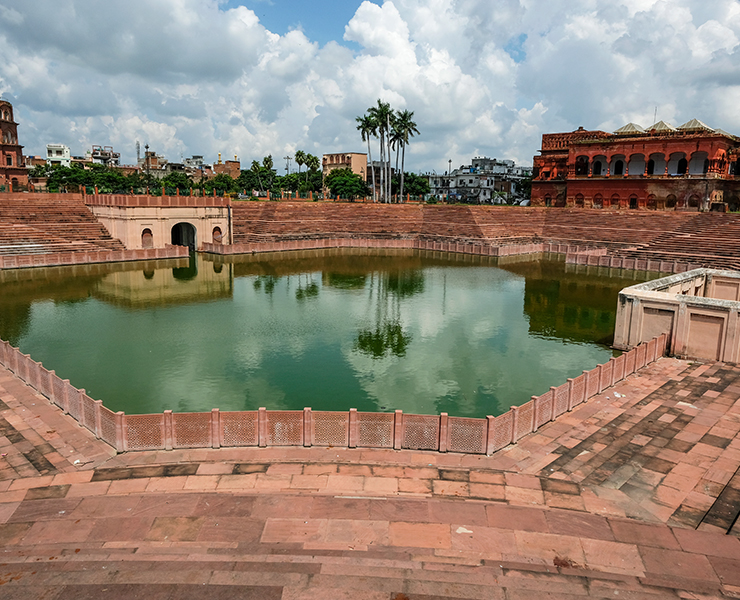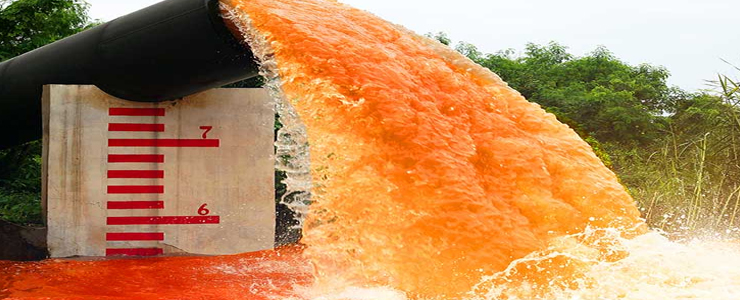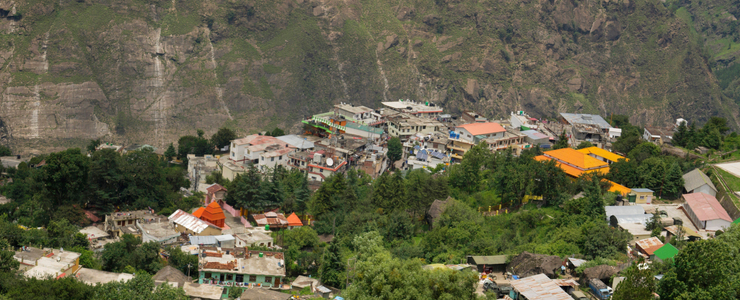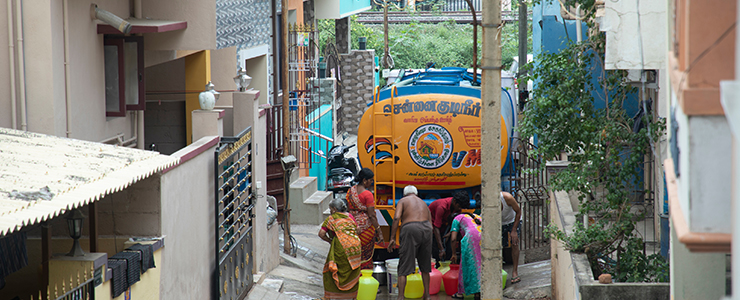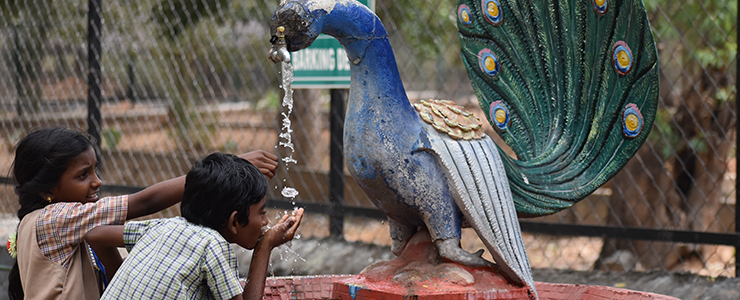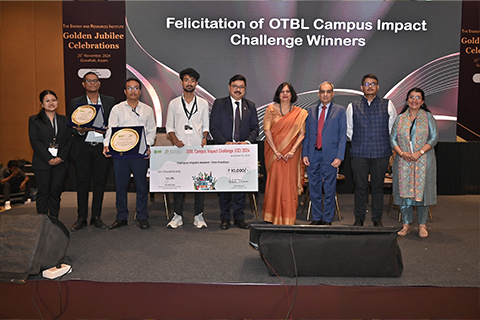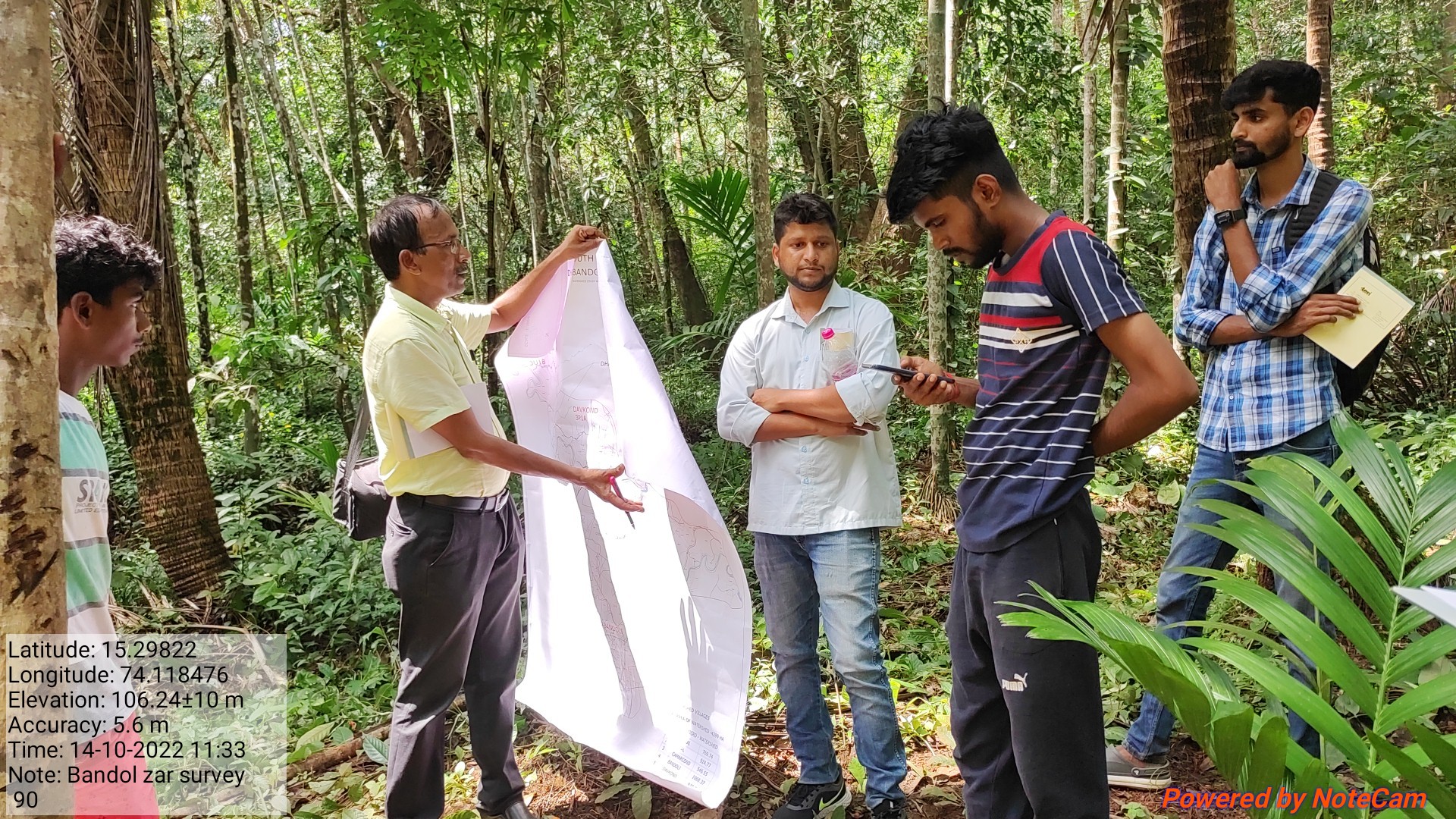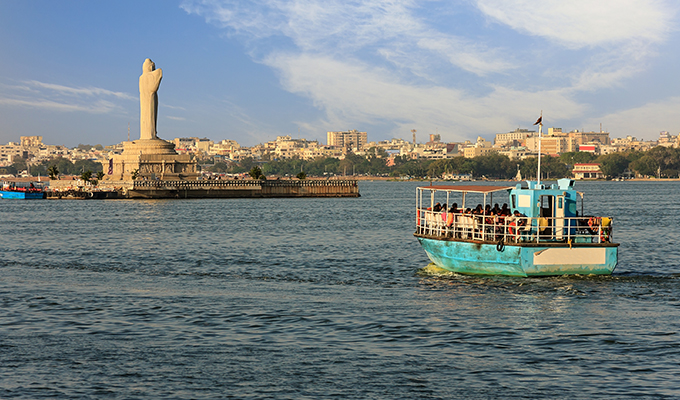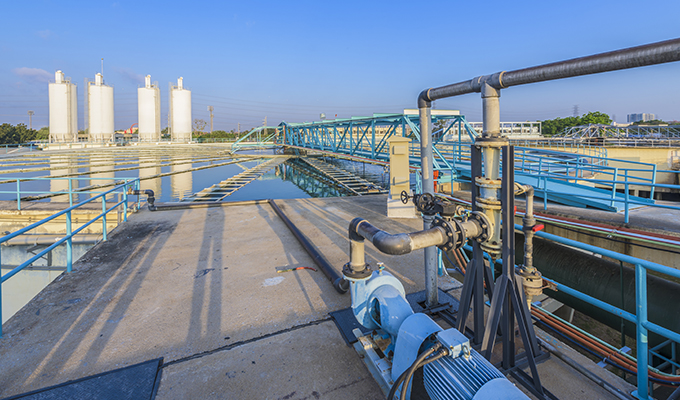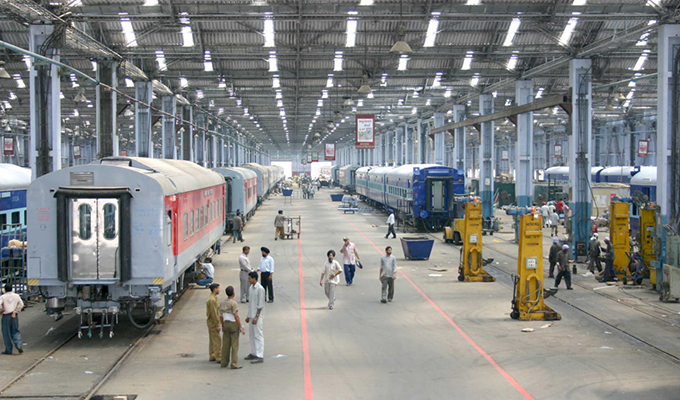Yamuna, groundwater, drains across city have widespread microplastic contamination: Study
February 17, 2026 |
February 17, 2026
The Hindustan Times
A year-long scientific assessment by The Energy and Resources Institute (TERI) has found widespread microplastic contamination in the Yamuna as it flows through Delhi, as well as in the Capital’s open drains, floodplain soil and groundwater.
Water Budgeting
February 16, 2026
| The Statesman
Water resources are finite, and are critical for life and economic growth. The per capita water availability in India has declined over the years and is likely to reach a water scarce situation in the coming days writes Dr Syamal Kumar Sarkar, Senior Advisor, Water Resources Division, The Energy and Resources Institute (TERI).
Rethinking water safety beyond Indore tragedy
January 8, 2026
| Capt K K Sharma (Retd)
| The Tribune
The new 'air-to-water' technology extracts moisture naturally present in the air and converts it into potable water writes Dr Syamal Kumar Sarkar, Senior Advisor, Water Resources Division, The Energy and Resources Institute (TERI) & Capt K. K Sharma (Retd).
Surfactants behind Yamuna froth: TERI study
December 22, 2025 |
December 22, 2025
Hindustan Times
A study by The Energy and Resources Institute (TERI) revealed that froth in the Yamuna results from human and natural surfactants, worsened by poor sewage treatment and sudden barrage openings.
Reject water from RO could meet needs of 40L: Experts
December 16, 2025 |
December 16, 2025
The Times of India
A 2021 study by TERI and Delhi University found that nearly half of the city's 5.5 lakh households use RO water purifiers. About 6 MLD of drinking water is produced daily using RO machines. Since, for every one litre of RO water, nearly three litres are wasted. As a result, around 12 MLD of water is wasted every day. RS Sinha said since one person drinks about 2.9 to 3.5 litres of water, this wasted water alone could meet the daily drinking water needs of 33–40 lakh people.
Governing Water
December 7, 2025
| The Statesman
There is no institutional mechanism that facilitates closely coordinated actions between the states and the Centre. Many times, there are varying and sometimes conflicting perspectives, understanding and positions on important water issues between states and the Centre, or across various states, writes Dr Syamal Kumar Sarkar, Senior Advisor, Water Resources Division, TERI.

